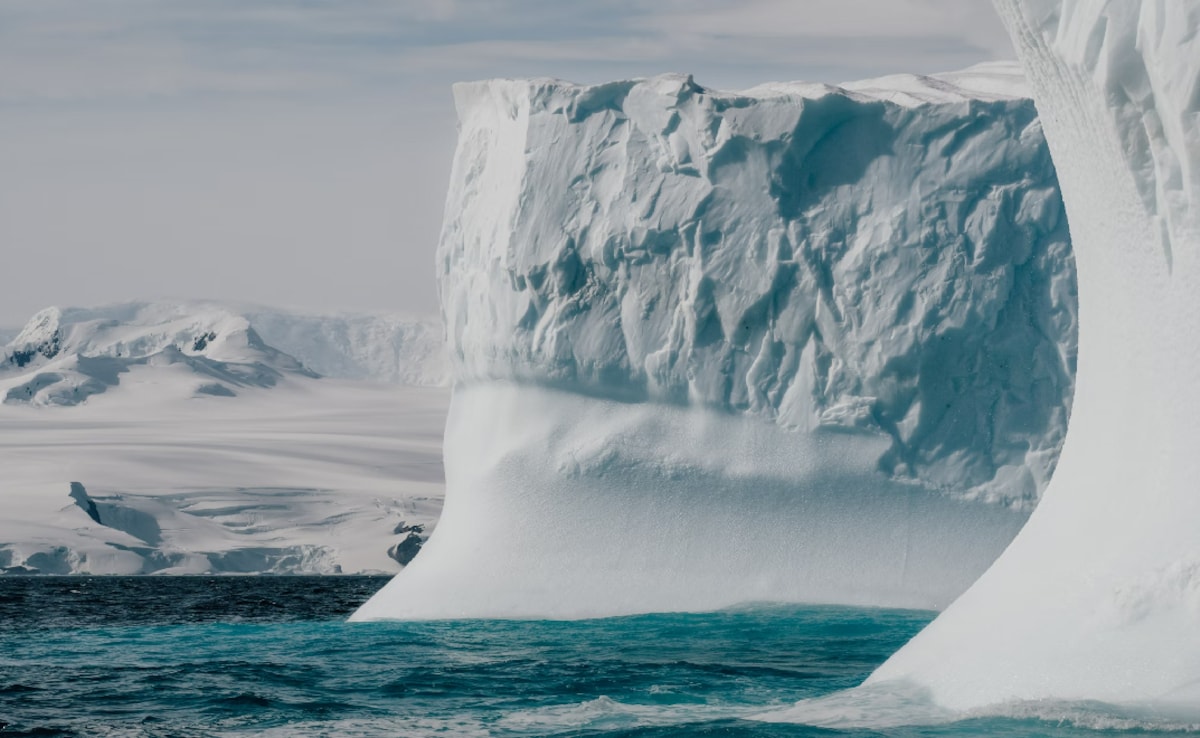Antarctica, the world's coldest continent, is experiencing an exceptionally long heatwave during its winter, according to Britain's national polar research institute.
Temperature anomalies are not unusual on the continent known as "The Ice" but "the longevity of the warm period is unusual", Thomas Caton Harrison, Polar Climate Scientist at British Antarctic Survey, said to AFP this week.
Provisional figures indicate the Antarctic-wide July 2024 average near-surface temperature was 3.1 degrees Celsius above normal for the month.
Calculated over land and land ice, this makes it the second warmest July in Antarctica since records began in 1979 — the warmest was in July 1981.
Average daily temperatures ranged from -34.68C on July 15 to -28.12C on July 31, according to data posted online by the University of Maine.
It was -26.6C on average on the continent on August 7, the latest date available.
The July average temperature anomaly even reached 9-10C over limited parts of Dronning Maud Land and part of the eastern Weddell Sea offshore.
Daily temperature anomalies often occur during the Antarctica's winter, but "what is remarkable is prolonged high temperatures", said Caton Harrison.
"Very early figures suggest it could be on track to be an exceptionally warm Antarctic winter," he added.
"The Ice" is the coldest, windiest, and least populated continent on the planet, but it too is impacted by global warming.
Extreme heat on the continent has high stakes, notably as a trigger for greater ice loss.
According to a study published in June in the journal Nature Geoscience, scientists have discovered a new tipping point toward "runaway melting" of Antarctic ice sheets, caused by warm ocean water intruding between the ice and the land it sits on.
With the rise of ocean temperatures due to human-caused global warming, Antarctic ice sheets are melting, threatening a rise in global sea levels and putting coastal communities at risk.

